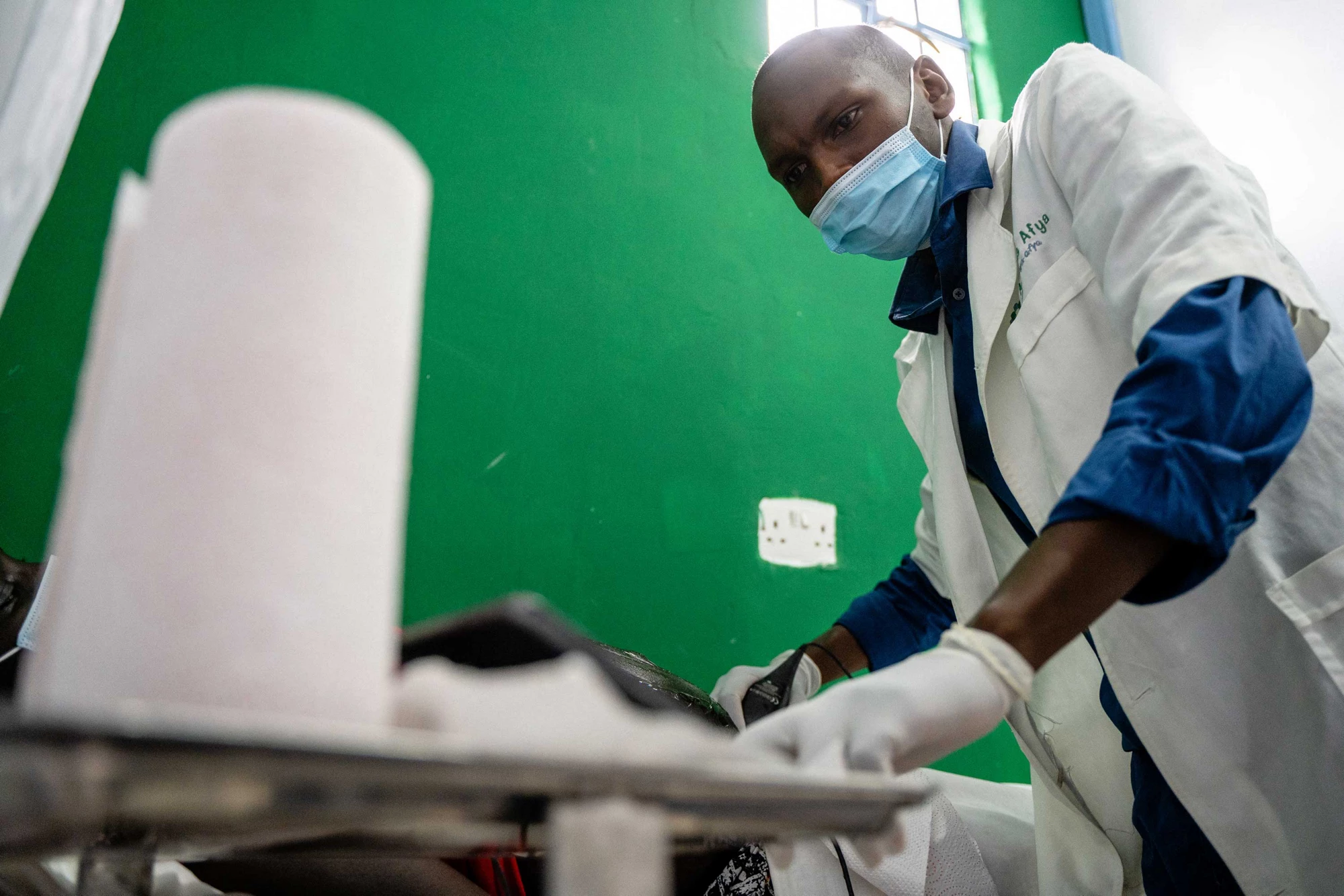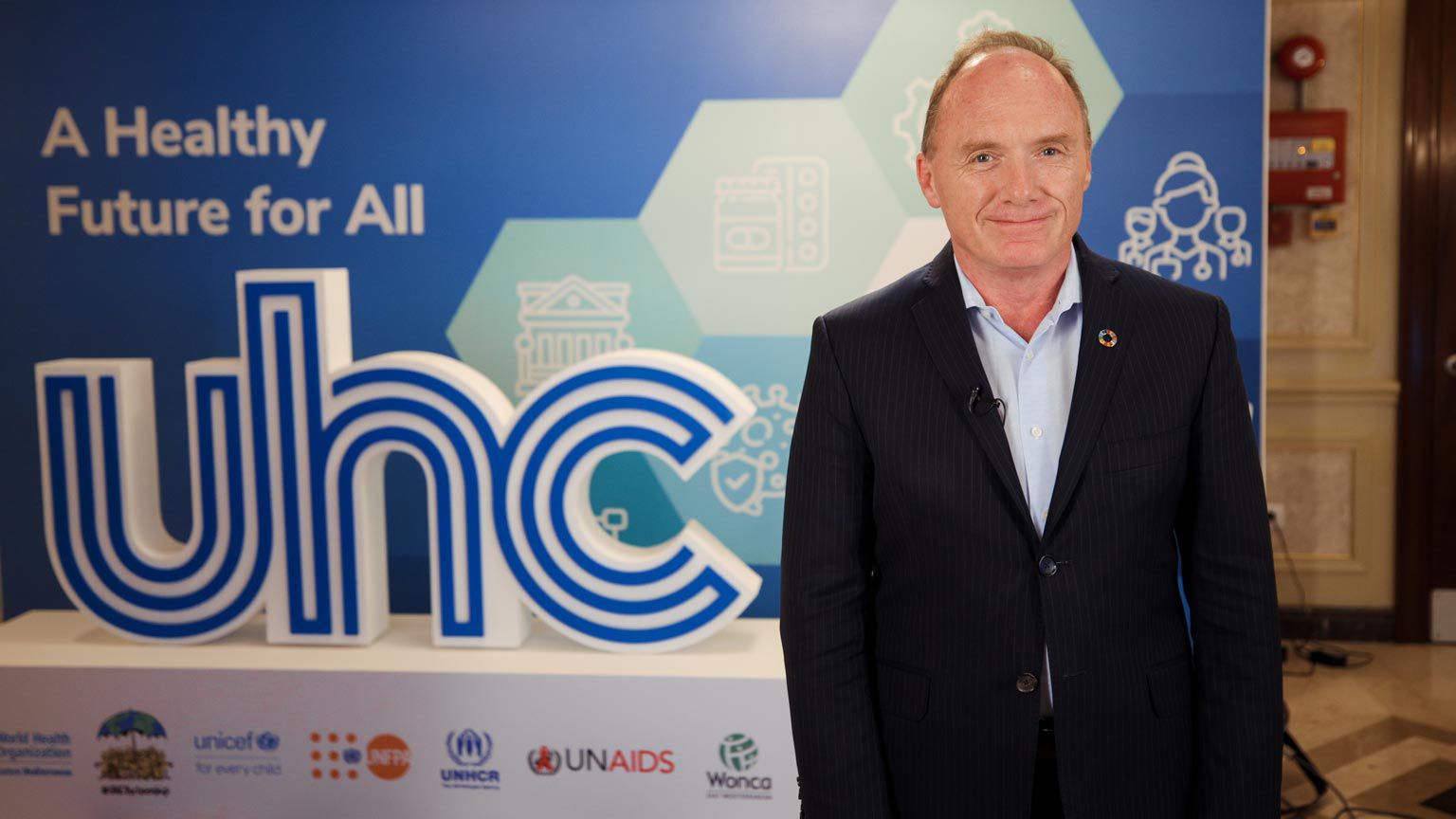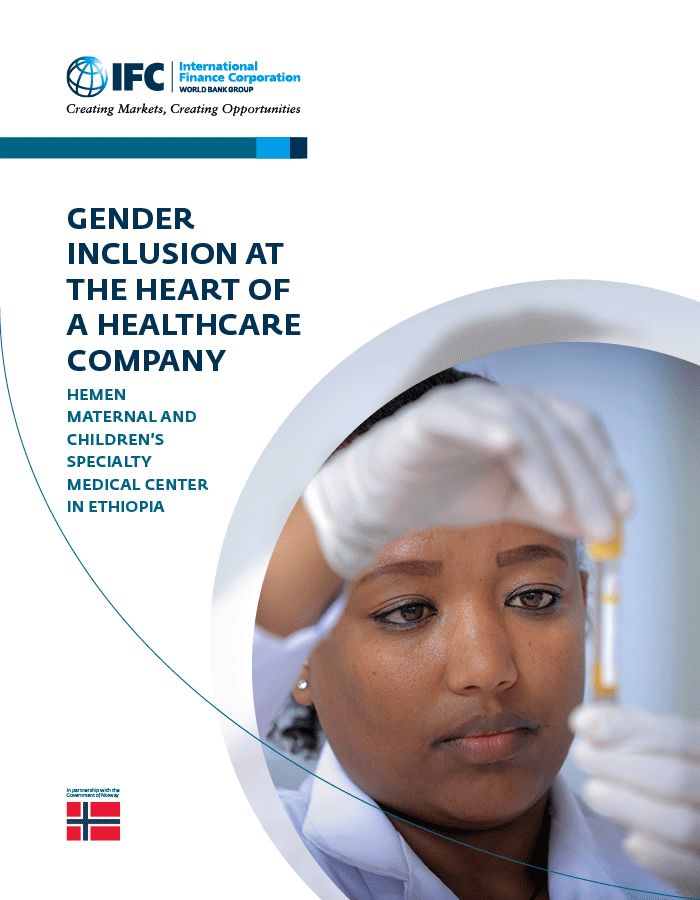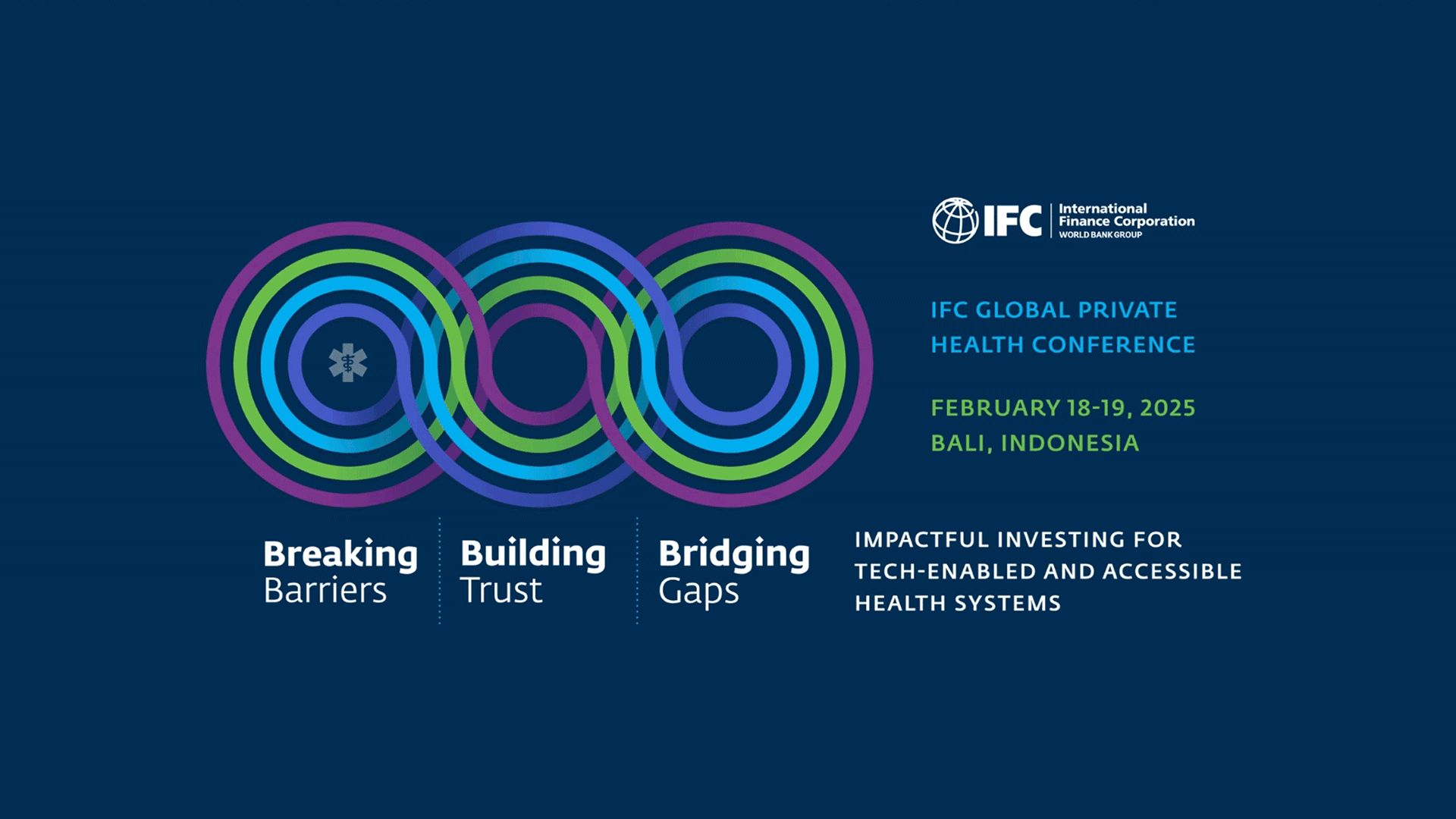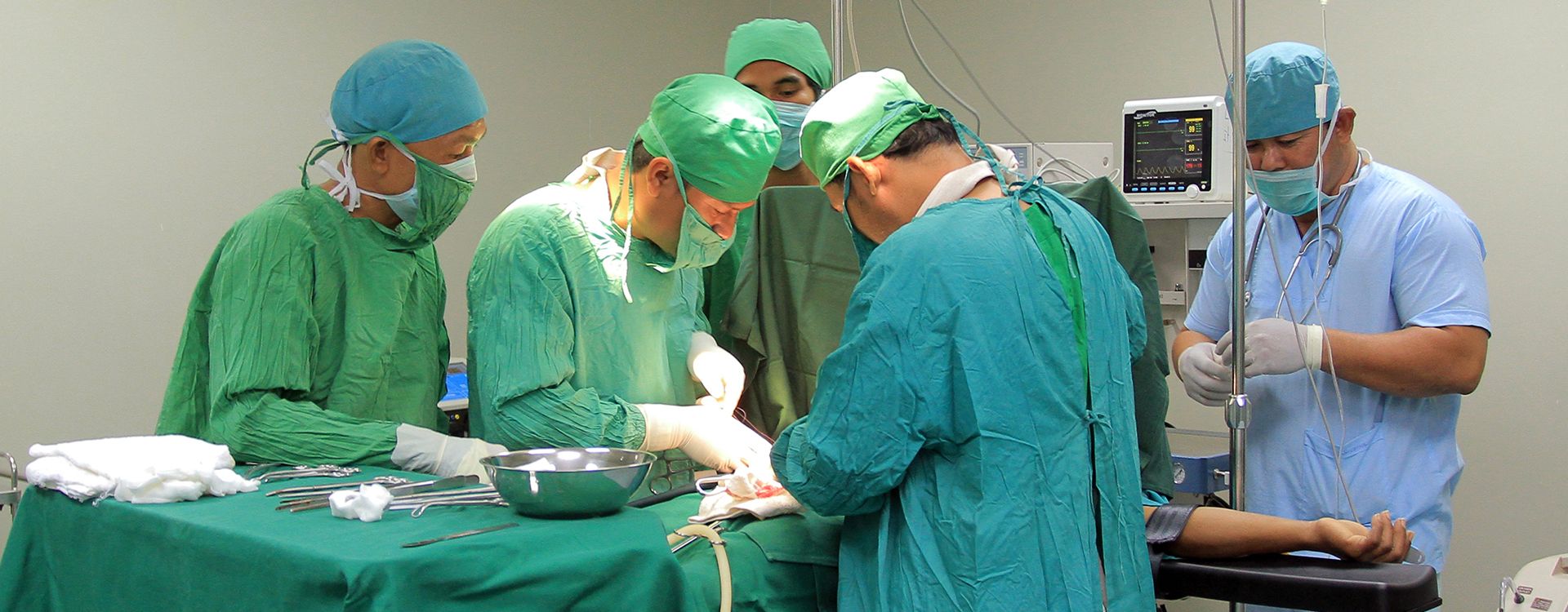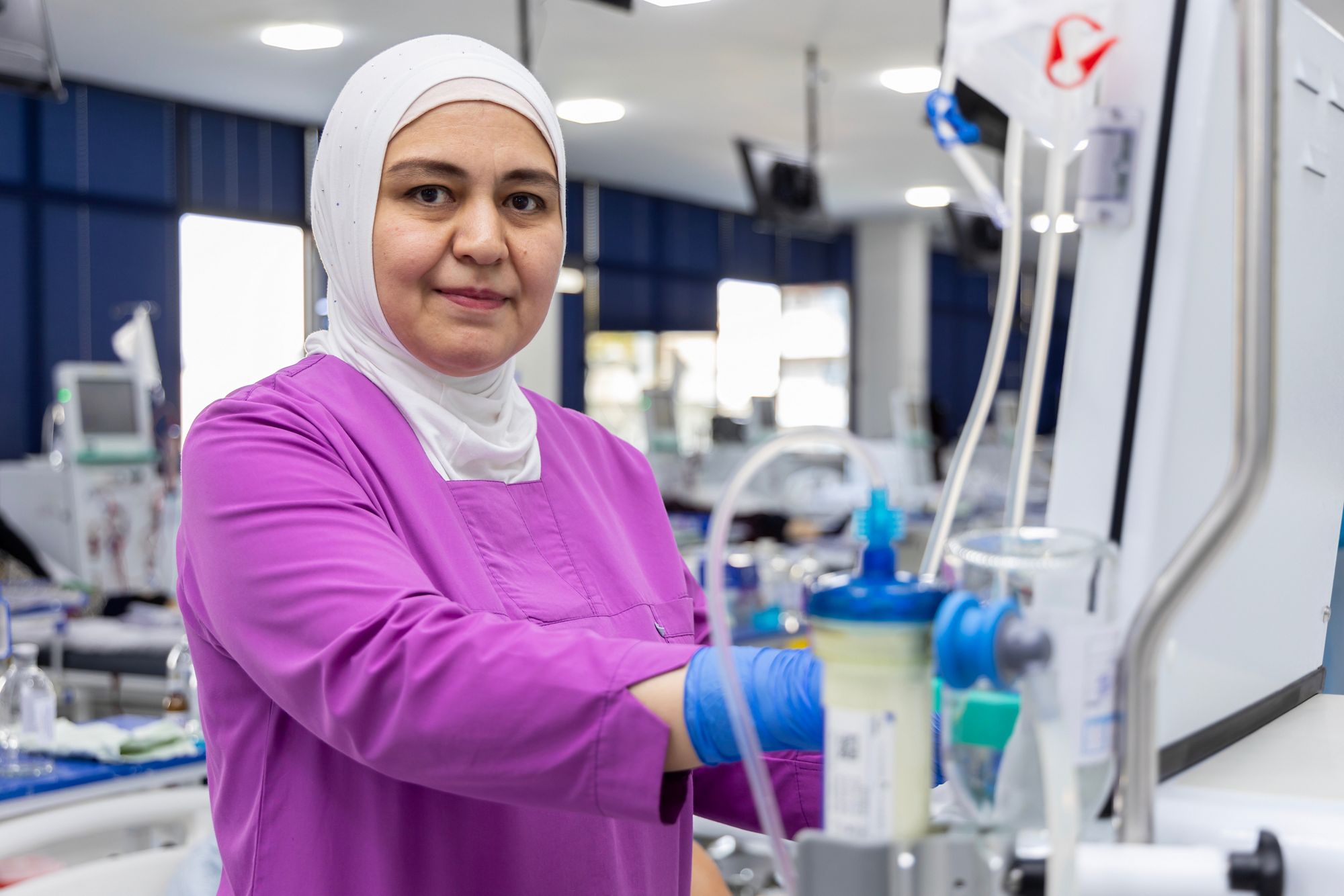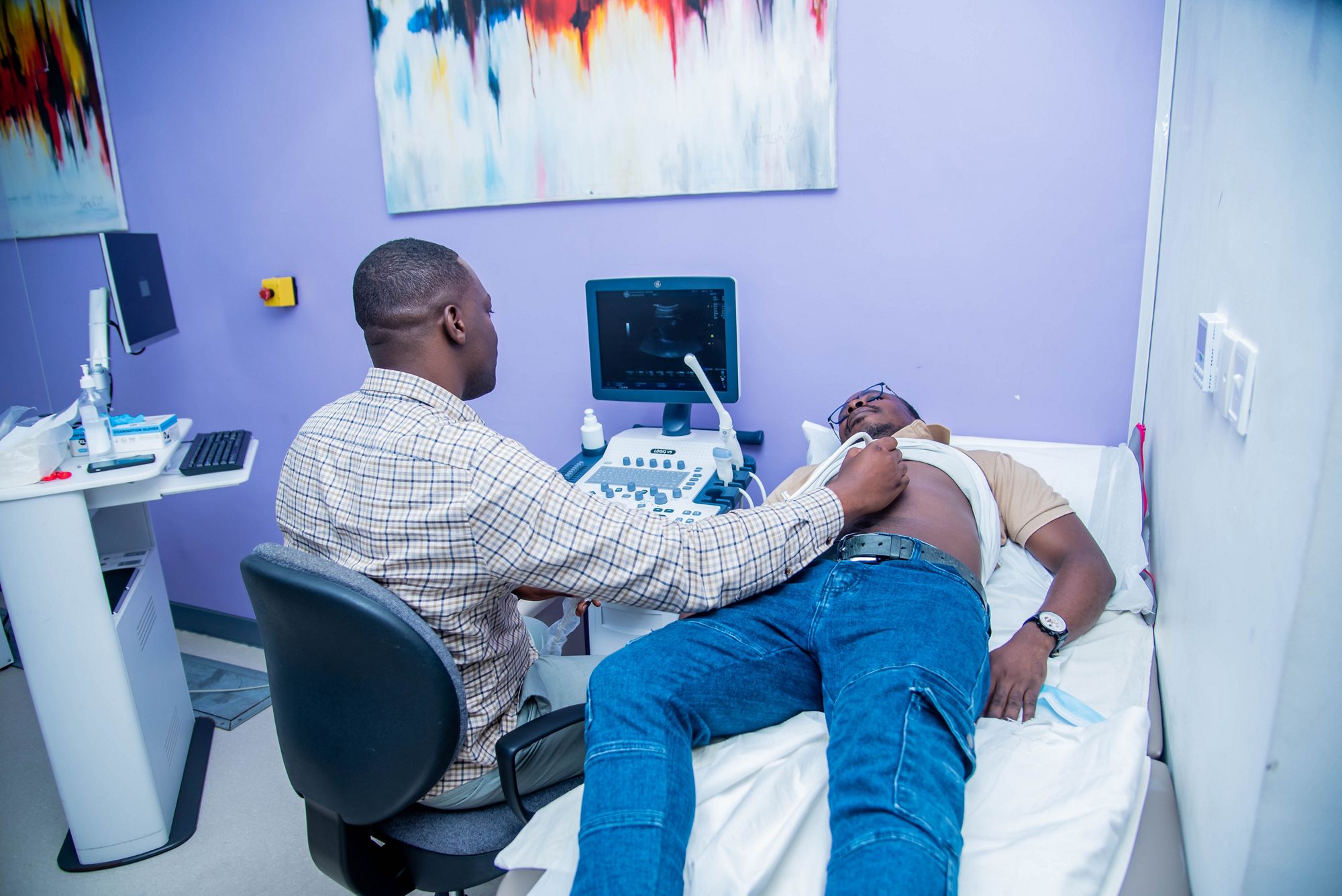Select a Region Sub navigation page selecting option, jump to that section
In a world where health disparities are a significant concern, the private sector plays a crucial role and is expected to continue bridging the gap in global healthcare delivery. IFC has been supporting the health sectors of developing countries for over 25 years through investments and advisory programs. The aim is to strengthen the private sector’s ability to help countries meet challenges facing global health. These challenges include addressing the demand-supply gap, which is worsened by underinvestment, the growing burden of non-communicable diseases, and the increased risks posed by pandemics and climate change.
IFC's Impact since 1999:
-
100 + no. of countries with IFC clients
-
220+ medical facilities trained for quality improvement
-
$9 billion + Invested in private healthcare
Press Releases
View more- IFC and Partners Support Institut Pasteur de Dakar to Boost Vaccine Manufacturing for Africa
December 13, 2024 - MIGA and BOAD to Expand Climate Finance in West Africa
November 25, 2024 - Innovation and Inclusion Drive Impactful, Record Year for IFC in Asia Pacific
October 30, 2024 - IFC and Afya partner to improve access to quality medical education in Brazil
August 23, 2024 - IFC grants loan of around US$27 million to promote health services in Colombia
June 18, 2024

